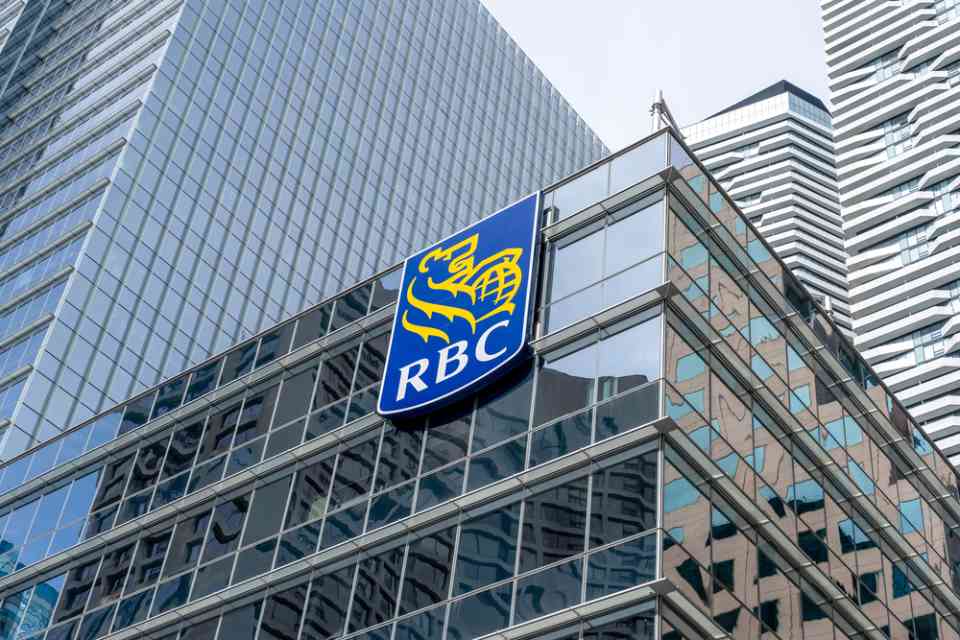Canadian Bank CEOs Shift Focus From Mortgage Risks to Tariffs

The leaders of Canada’s largest banks are witnessing a reprieve from the challenges of mortgage renewals but are now turning their attention to concerns over tariffs and political instability.
At a recent bank CEO conference hosted by RBC Capital Markets, RBC CEO Dave McKay highlighted the potential economic damage tariffs could inflict. He expressed disappointment over the escalation in rhetoric surrounding tariffs, which he had previously hoped was subsiding.
The concern stems from U.S. President Donald Trump’s proposed 25% tariff on Canadian and Mexican imports, which he has tied to border security issues. McKay noted that uncertainties extend beyond the potential imposition of tariffs to their scope and duration. He remarked that the lack of clarity is creating widespread unease, with questions about the objectives such measures are intended to achieve. RBC, he added, is preparing for various outcomes.
CIBC CEO Victor Dodig echoed these concerns but expressed optimism that reason would prevail. He emphasized the deeply integrated nature of the U.S. and Canadian economies and the mutual benefits of cooperation. Dodig suggested that Canada focus on controllable factors, such as advancing an internal free-trade agreement, to strengthen its position amid external uncertainties.
Meanwhile, political turbulence within Canada is adding to the unease. Prime Minister Justin Trudeau’s recent decision to suspend parliament until March 24 and step down following a Liberal leadership race has created a vacuum of certainty. BMO CEO Darryl White warned that the political situation could deter investments as businesses adopt a wait-and-see approach.
White contrasted this with the U.S., which he said has largely resolved its prior uncertainties around government, interest rates, and regulatory policies. He also noted, the U.S. now has a clear pro-growth agenda that is driving increased spending.
The shift in concerns marks a departure from the banks’ previous focus on mortgage market risks. Canadian mortgage worries have subsided as the Bank of Canada’s interest rate cuts—down to 3.25%—have eased pressures on borrowers. Further reductions are anticipated, with RBC estimating that 60% of its customers will renew their mortgages at lower rates. McKay described payment shocks as significantly reduced, though higher payments continue to strain some Canadians and weigh on the economy.
TD Bank COO Raymond Chun, set to assume the CEO role in April, reported a noticeable uptick in mortgage activity in late 2023, even before the full impact of recent rate cuts had materialized. Chun estimated that about a third of mortgages set for renewal over the next two years would likely benefit from lower rates, minimizing credit risk.
However, TD faces its own hurdles, including the need to enhance its anti-money laundering program following a $3 billion fine in the U.S. The bank has also suspended its financial guidance for the year amid a strategic review, though Chun assured stakeholders of TD’s continued commitment to the U.S. market, describing it as integral to the bank’s operations.
As Canadian banks navigate these shifting challenges, the focus has moved decisively from domestic mortgage concerns to external threats posed by tariffs and political uncertainty at home and abroad.
Have you read?
Best CEOs.
Best Companies.
Richest People (Billionaire).
Richest Women (Billionaire).
Richest in Each Country (Billionaire).
Bring the best of the CEOWORLD magazine's global journalism to audiences in the United States and around the world. - Add CEOWORLD magazine to your Google News feed.
Follow CEOWORLD magazine headlines on: Google News, LinkedIn, Twitter, and Facebook.
Copyright 2025 The CEOWORLD magazine. All rights reserved. This material (and any extract from it) must not be copied, redistributed or placed on any website, without CEOWORLD magazine' prior written consent. For media queries, please contact: info@ceoworld.biz








